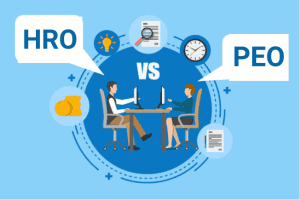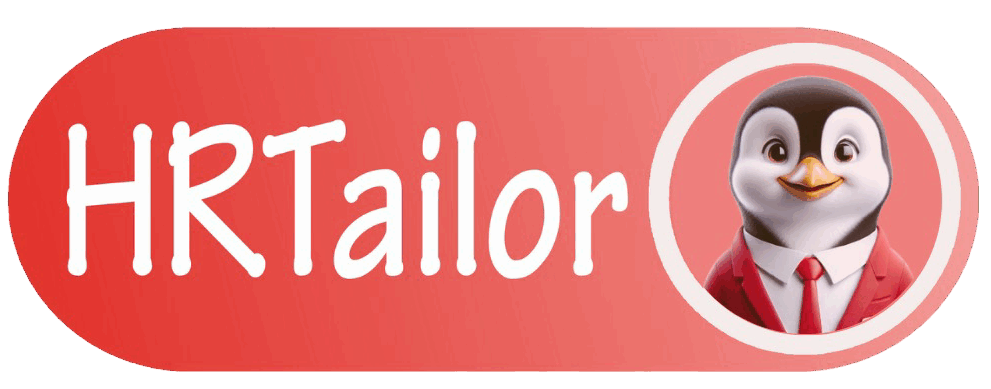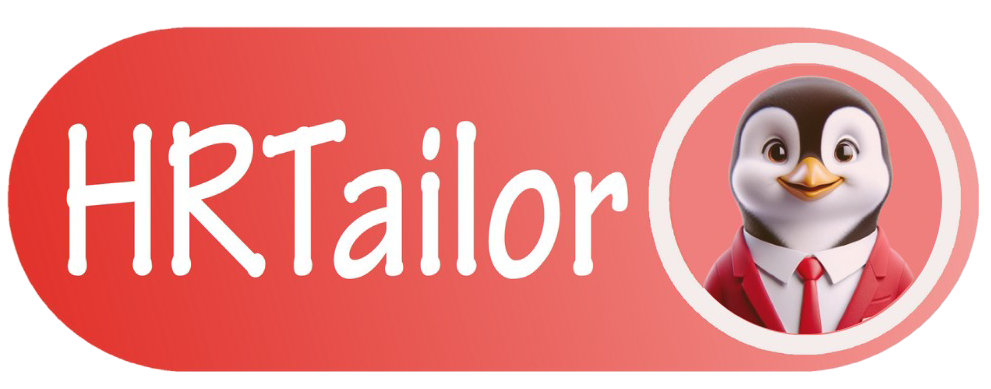
HR Outsourcing vs PEO: Which Model Is Best for Your Business?
Running a business is no small feat, especially when it comes to managing HR tasks like payroll, benefits, and compliance. That’s why many companies turn to outside solutions like HR Outsourcing or a PEO (Professional Employer Organization) to lighten the load. But these two options aren’t the same, and understanding the differences is key to choosing the best fit for your company.
Let’s break it down so you can decide which model—HR outsourcing or PEO—makes the most sense for your needs.
What Exactly is HR Outsourcing?
HR outsourcing allows you to hire a third-party company to handle specific HR tasks. This might include payroll processing, recruitment, employee training, or compliance support. The beauty of HR outsourcing is that it’s highly customizable. You can outsource just one function, like payroll, or get help with several areas, depending on what your business needs.
With HR outsourcing, you remain the sole employer, meaning you retain full control over your employees and HR policies. It’s a flexible solution for companies that need support without handing over too much control.
What is a PEO?
A PEO takes things a step further. When you work with a PEO, your business enters into a co-employment arrangement. This means the PEO becomes a “co-employer,” sharing responsibility for your employees. While you manage daily operations and the workplace culture, the PEO handles HR functions like payroll, benefits, and compliance.
PEOs are especially helpful for small businesses because they allow you to offer big-company perks, like group health insurance, at a fraction of the cost. However, this shared control can sometimes feel limiting for companies that prefer to handle HR tasks on their own terms.
Key Differences Between HR Outsourcing and PEO
While both models aim to simplify HR, there are clear differences between the two.
- Control Over Employees:
With HR outsourcing, you’re still fully in charge of your team. A PEO, however, takes on shared responsibility, meaning they handle compliance and tax filings under their name. - Benefits:
PEOs often offer better employee benefits because they negotiate group rates that smaller businesses couldn’t get on their own. HR outsourcing, on the other hand, doesn’t typically include benefits administration unless specifically requested. - Cost:
HR outsourcing is often more affordable because you only pay for the services you need. PEOs, however, charge either a percentage of your payroll or a flat fee, which can be higher. - Compliance Responsibility:
HR outsourcing offers advice on compliance, but you’re still responsible for staying compliant. PEOs take full responsibility for compliance, reducing your risk of costly mistakes.
Why Choose HR Outsourcing?
HR outsourcing is a great option if you’re looking for a tailored solution. For example, a small business that only needs help with payroll or recruitment can save money by outsourcing those tasks instead of signing up for a full-service PEO.
It’s also ideal for businesses that want to retain full control over HR policies and decisions. You don’t have to worry about sharing liability with a PEO or following someone else’s rules. HR outsourcing lets you get the help you need without giving up control.
Why Choose a PEO?
PEOs are perfect for businesses that want an all-in-one HR solution. If you’re struggling to keep up with compliance, payroll taxes, and benefits administration, a PEO takes that burden off your shoulders.
They’re also a smart choice for small businesses that want to compete with larger companies by offering attractive benefits like health insurance and retirement plans. With a PEO, you get access to group rates and benefits packages you wouldn’t be able to negotiate on your own.
However, it’s important to note that working with a PEO means entering into a co-employment relationship. While this can be a relief for some businesses, others might feel like they’re giving up too much control.
Which One is Right for You?
Deciding between HR outsourcing and a PEO depends on your business size, goals, and resources.
- If you want flexibility and only need help with certain tasks, HR outsourcing is your best bet. It’s cost-effective and allows you to keep full control over your team.
- If you want a complete HR solution and access to better employee benefits, a PEO could be the way to go. It’s ideal for businesses that need help with compliance and want to offer big-company perks without breaking the bank.
No matter which option you choose, both HR Outsourcing and PEOs are designed to save you time, reduce stress, and allow you to focus on growing your business.

